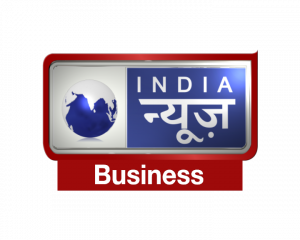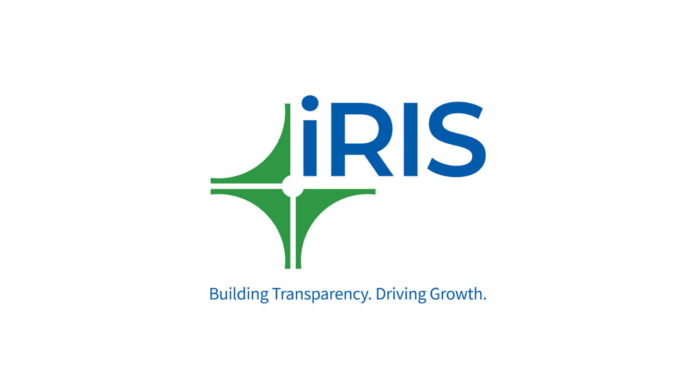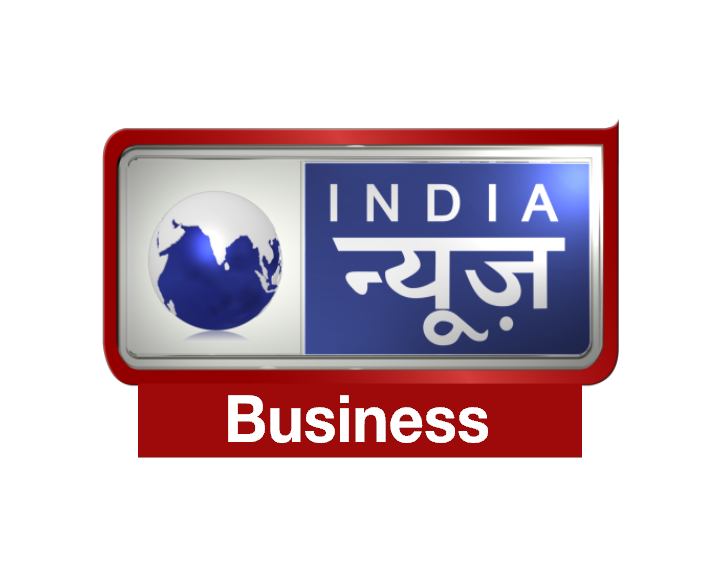Global Regtech, IRIS Business Services Limited clocked revenues of Rs 102.96 crore for the year financial year ended March 31, 2024, a growth of 37% from the year preceding.
Keeping pace with revenues, the company turned in an EBITDA of Rs 15.88 crore, a 45% growth YOY. Net profit more than doubled, hitting a record high of Rs 8.79 crore.
The company operates through 3 business segments:
- COLLECT, the business division that delivers solutions to regulators and accounted for 45% of revenues in FY24. This is an enterprise software business.
- CREATE, which delivers regulatory filing solutions to enterprises, including BFSI players. This overwhelmingly SaaS business contributed to 51% of the total revenues in FY24.
- CONSUME, the datatech business, which accounts for the rest and whose importance comes from its support for the other two segments.
“The Collect segment made it possible,” says company CEO S Swaminathan, pointing to the whopping 70% increase in revenues of this division. In the absence of fresh mandates, Create segment registered but a modest revenue growth of 21%. “We have spent the last few months strengthening our sales and marketing team who are now gearing up for a customer acquisition spree for IRIS Carbon by looking beyond mandate driven opportunities,” explained Deepta Rangarajan, company founder. “With Rs 16 cr of cash in the bank, we are confident of being able to kickstart the efforts from internal resources alone,” says company CFO & founder, K Balachandran.
Share of India revenues fell to 28%, with 72% of IRIS revenues coming from global markets. Africa emerged as the biggest driver of growth, accounting for 30% of revenues, largely driven by the South African Reserve Bank mandate won by IRIS a couple of years ago. “We are deepening our engagement in Africa considering that it is an underserved area for digital regulatory compliance solutions,” Swaminathan explained. “We expect future growth for IRIS Carbon to come from Europe and North America for which we are gearing up,” Deepta added, pointing to the recent sales and marketing hires.
Balachandran pointed to the all round improvement in key metrics. Debt equity ratio which was already at a low 0.17 has fallen further to 0.13. Interest coverage ratio registered a dramatic improvement, surging from 16.29 to 22.68. “Our return on equity is now 21%, up from 14% in the year preceding,” the CFO says with satisfaction.


